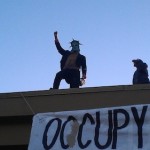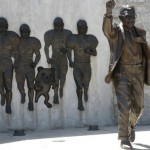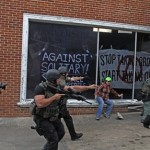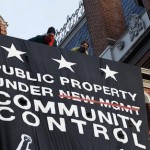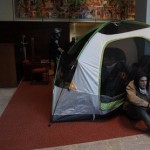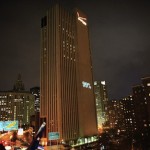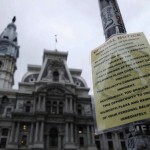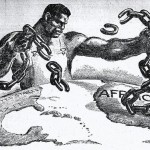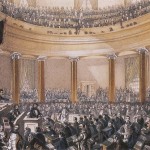
Finance in Frankfurt: The Global Left and the Eurozone
Coming out of the city on the train one morning, I passed by Occupy Frankfurt – maybe three dozen large tents, a concentrated but steadfast group. It was pouring rain – my run from the tram to the main train station left me soaking, despite umbrella – but the encampment seemed unperturbed, perched as it is underneath some of the largest symbols of Europe’s finance sector.
 Viewpoint Magazine
Viewpoint Magazine
